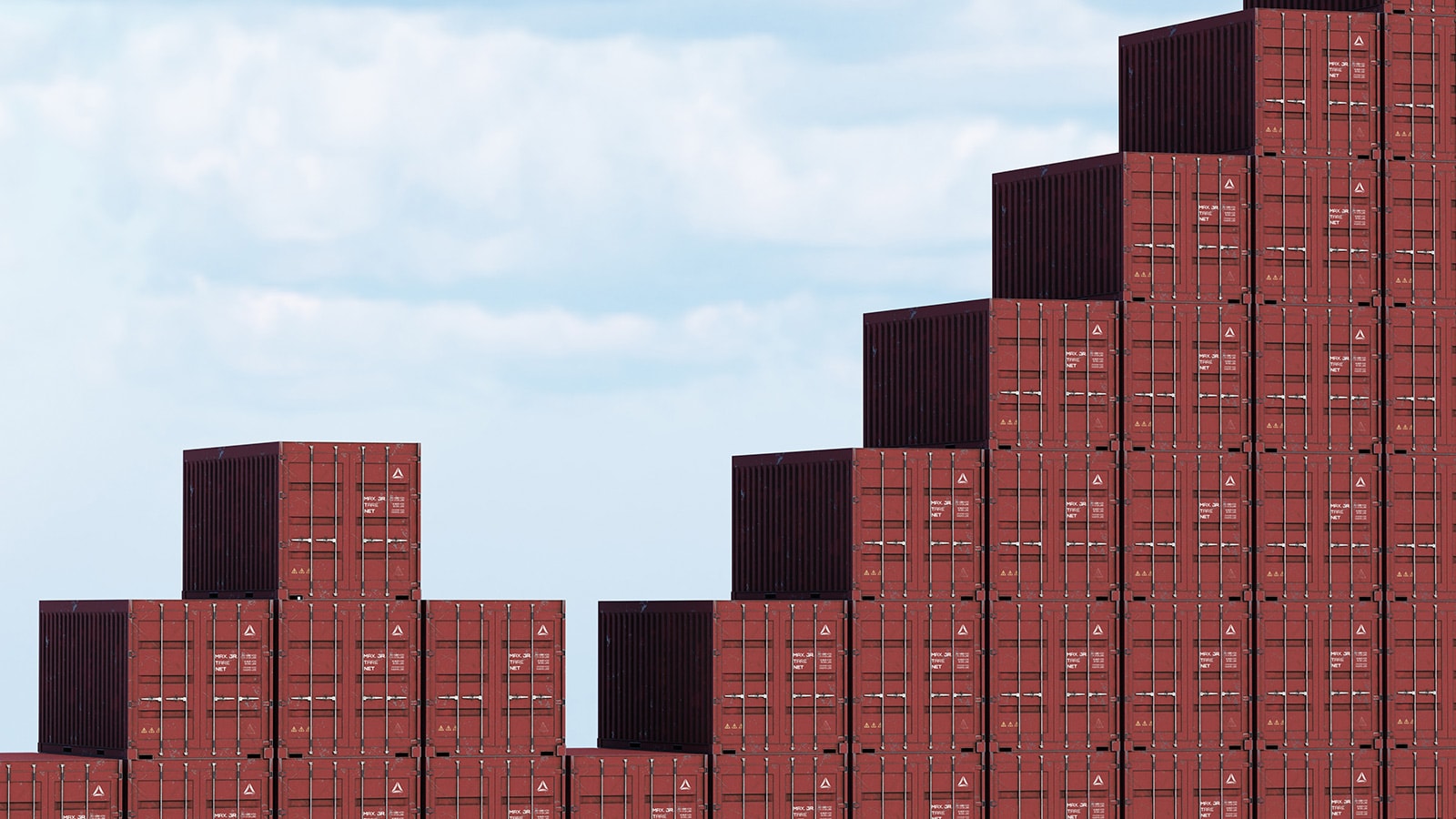Sustainable commodities as the new normal?
Greenness in commodity trading

Commodities, ranging from precious metals to oil and agricultural products form a central part of our society and economy. As such, they play a key role in the sustainable transition, which explains the growing importance of incorporating ESG in commodity trading.
Want to learn more about ESG and commodity trading? Watch the recording of our webinar from 10 June 2021.
Commodities’ dual role in the green transition
On the one hand, many commodities are driving the green transition, which transfers into an increasing demand for commodities that promote clean energy, like green lithium, as well as sustainably sourced and ethically produced commodities such as responsible cocoa or palm oil.
On the other hand, commodities can also be negatively affected by the green transition through physical risks like climate-related extreme weather events destroying agricultural products and a decreasing demand for commodities which do not support or are negatively affected by the green transition such as fossil fuels. Furthermore, ESG breaches result in financial losses, reputational damage and litigation costs.

Regulatory and market pressure
There are increasing calls from the regulators and the industry for more ESG integration in the commodity business.
- The trend for heavier regulation of transactions for commodity derivatives and emissions allowance is expected to continue in the upcoming years, increasingly under consideration of ESG.
- Regulators and supervisors around the world are looking into the new challenges of the commodity trading market in relation to ESG.
- The biggest commodity players commit to more transparency on sustainability matters such as TCFD reporting and increasingly set ambitious targets towards decarbonisation.
- Industry-specific ESG standards and certifications for commodity producers are gaining in importance.
- Commodity stock exchanges look into ways to drive ESG innovation.
Clearly, the financial industry also has its role to play in the sustainable transition. As financial institutions are facing a true green regulatory tsunami, they’re passing their own obligations to other stakeholders in the commodity trading market, which will have tremendous implications for the crucial funding for commodity trading.
Commodity trading and the EU taxonomy
One of the core regulatory developments around sustainable finance is the EU taxonomy. It has implications on various areas around commodities and commodity trading such as:
- The classification of economic activities around commodities (e.g. sourcing and production, transportation)
- Mandatory taxonomy disclosure obligations for large commodity producers and commodity trading companies (in scope of NFRD / CSRD)
- Implications for funding and trading (e.g. taxonomy-aligned loan KPIs).
Moreover, the taxonomy plays a key role in the greening of the commodity business.

The four steps in greening your commodity business
Without a doubt, the taxonomy will shape the commodity business and at the same time can be a powerful tool for greening your commodity business. A successful implementation comprises the following four steps:
- Classifying green commodities using the EU taxonomy and setting quantitative thresholds, as well as distinguishing between green and brown commodities.
- Green funding and trading shaped by ESG and taxonomy-linked criteria.
- Integrating sustainability risk (and in particular climate risk) in commodity trading.
- Providing transparency on ESG topics, sustainability commitments and taxonomy alignment.
«Considering the strong interdependencies between commodities and the green transition, there is no way around thoroughly incorporating ESG in commodity trading.»

Dr Antonios Koumbarakis
Sustainability & Strategic Regulatory Leader, PwC Switzerland
How we can support you
We help you set up a sound roadmap to greening your commodity business, including:
Strategic impact assessment – Understand how your business is affected by ESG…
Regulatory impact assessment – …and by related regulatory developments
Taxonomy screening, alignment and classification of commodities and trading activities
Integration of sustainability risks on commodity trading into risk management
Definition of sustainability targets and commitments in relation to commodity trading
Disclosures on ESG matters and taxonomy-aligned activities.
Contact us
Partner, Sustainable Capital and Sustainability & Strategic Regulatory Leader, PwC Switzerland
+41 58 792 45 23
Partner, Finance Transformation Platform Leader and Sustainability Platform Leader, Zurich, PwC Switzerland
+41 58 792 25 37
Marc Lehmann
Martin Liebi
Sofia Jaccard
Erik Steiger
Juliane Welz






